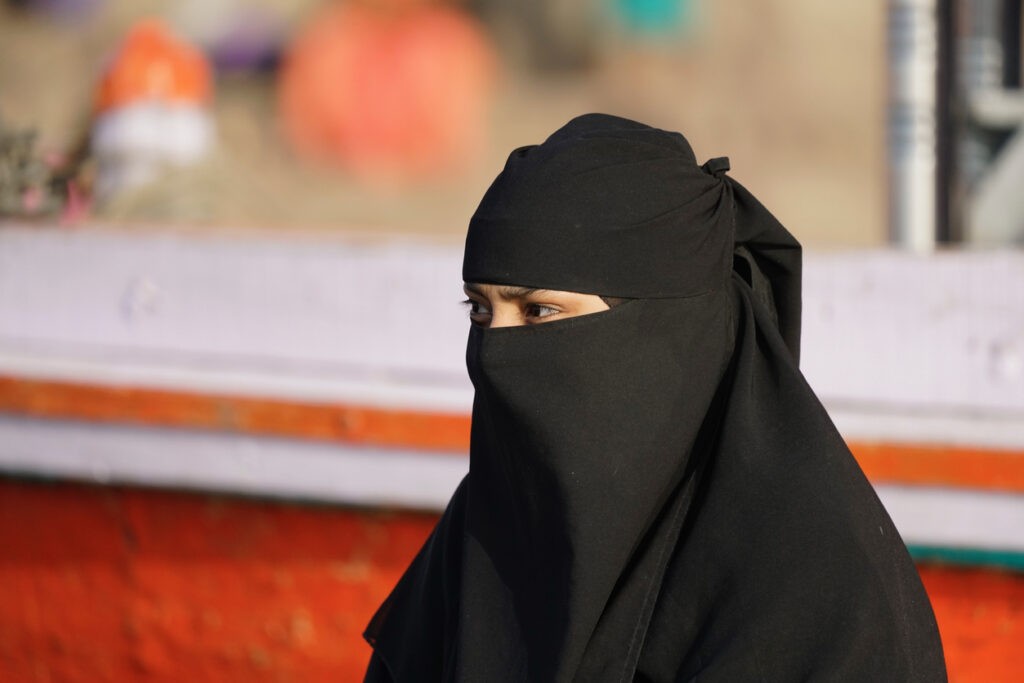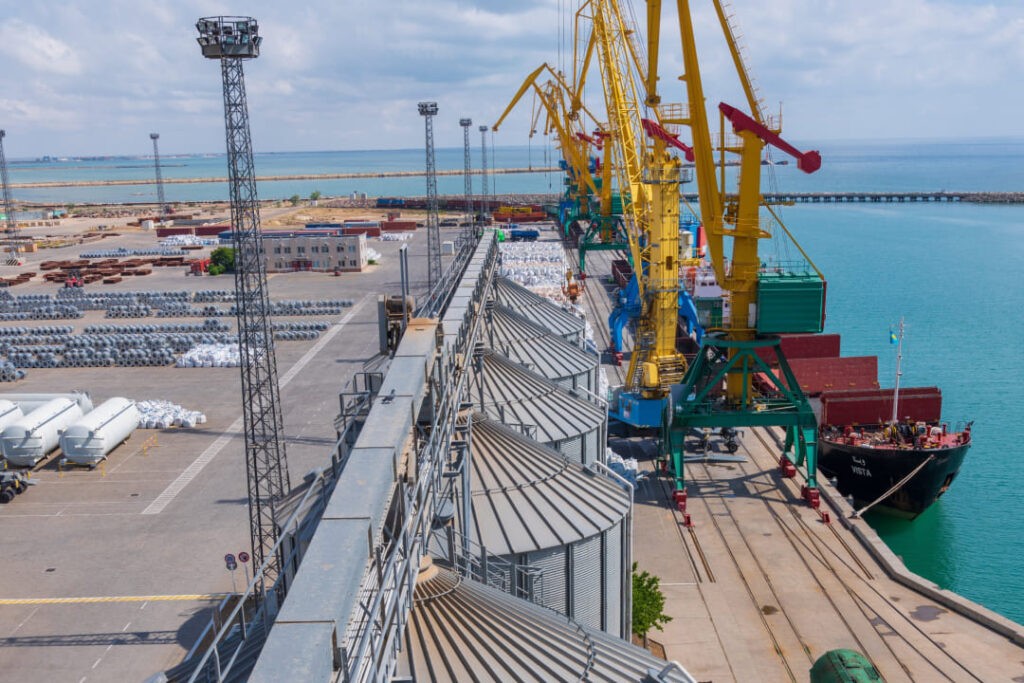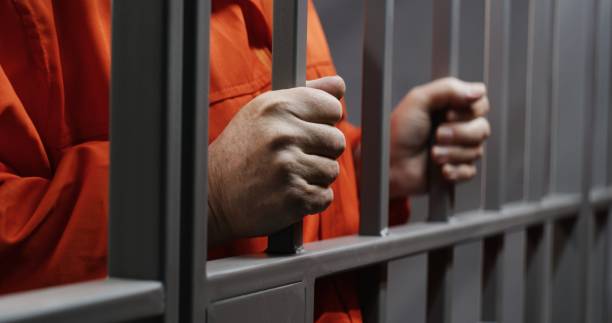Kyrgyzstan Proposes Amendment to Laws Regulating Religious Sphere
The authorities in Kyrgyzstan have moved to introduce stricter control of the religious sphere in the predominantly Muslim nation. The State Commission on Religious Affairs has submitted draft amendments to the laws regulating religion for public discussion. The Commission proposes banning the creation of political parties on a religious basis, and the participation of political organizations in spiritual activities. It also proposes banning the financing of political parties by religious activity and organizations. The proposed amendments prohibit deputies of the Jogorku Kenesh (national parliament) and local Keneshes (councils) from combining their parliamentary work with religious activities. They also ban religious figures from being elected as deputies of local Keneshes, and propose that the dissemination of religious information be prohibited in electoral campaigning. The amendments broach introducing a fine for wearing clothing that does not allow a person’s identification in government offices and public places, such as a niqab. The exceptions are clothing required for work, and clothing that covers the face for medical reasons. Authorities in neighboring Kazakhstan are also trying to restrict the wearing of religious clothing - hijabs (headscarves) and niqabs - in public places. Kazakhstan's parliament will consider a bill on the issue during the fall session. In the fall of 2023, President Shavkat Mirziyoyev of Uzbekistan signed a law prohibiting the wearing of the niqab in public places. In Tajikistan, authorities have encouraged wearing national dress and prohibited women from wearing black clothing and hijabs, considering them "alien" to Tajik culture and traditions. Earlier this year, the Tajik parliament passed a law regulating traditions and rites, banning the wearing of clothing considered to be "foreign to Tajik culture."






